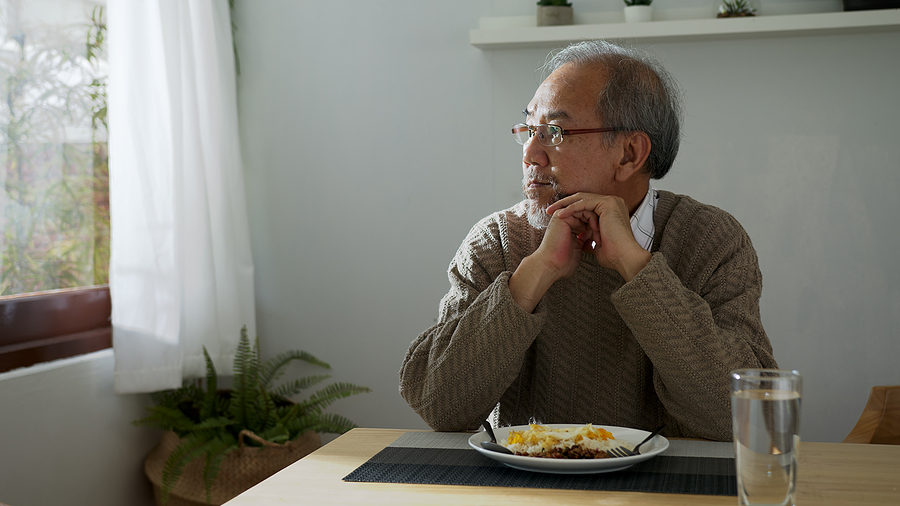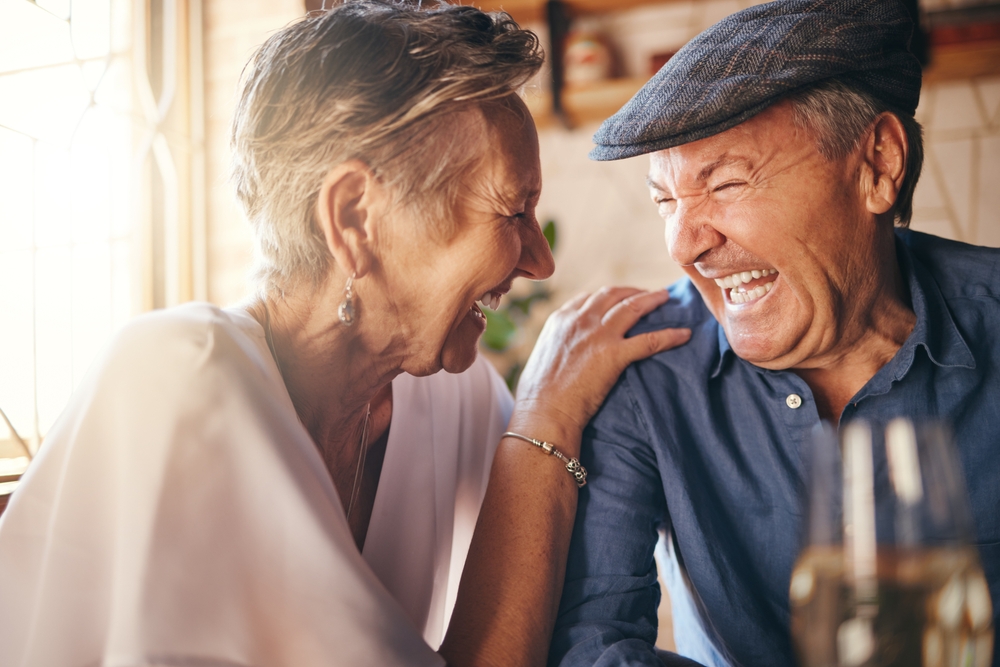Prejudice Against Elderly: Ageism
Category:

Much like the other “-isms” you have heard of, ageism is a prejudice against the elderly. The term was first coined in 1969 and is specifically defined as stereotyping and/or discrimination against individuals or groups on the basis of their age. Unfortunately, there are many stigmas against the elderly, and we will discuss some of them here.
What Stigmas Do Elderly People Face?
The first and most well-known assumption about the elderly is that they are forgetful. It turns out this is more about perception. A 32-year-old may misplace her keys and simply feel frustrated. A 62-year-old may misplace her keys and assume it is because she is old and therefore forgetful or “losing it.” While there is some indication of cognitive decline or change during aging, the stereotype is generally overblown. Aging isn’t a guarantee of dementia, either. According to the Alzheimer Association, only around 5% of those over age 65 will develop dementia.
Another negative stereotype of the elderly is that all old people are lonely and depressed. While it is true that aging can lead to isolation and therefore depression, this is hardly true in every case. There are more activities and events that cater to the elderly population every day, at community centers, churches, senior centers, and many other places. Programs and organizations exist just to help senior citizens that cannot drive get out of the house and experience life. And as for depression, research actually shows that there are more depressed people in the 40’s than over age 60. Overall happiness tends to take a U shape, high in our childhood, lower in adulthood, and going up again as we age and near retirement.
These are just two of the most well-known “old people stereotypes.” And while some of them may seem a bit silly – like the thought that all old people smell funny – we also need to consider the effect of ageism on the elderly. My mom recently related a story to me in which a family friend told her she didn’t want to participate in her church’s knitting group because “it was for old people.” My mom laughed and reminded her that now that they are both over 60 and retired, they are in fact old people. While a knitting group is a simple matter, something like moving into assisted living is not. Many seniors delay moving until they have no choice or their families have to choose for them because of the negative connotations associated with living in assisted living and being old.
Download Our Elder Abuse Awareness Guide
A thought we should all keep in mind when stereotypes or prejudices about the elderly creep into our minds is that – hopefully – we are all eventually going to be old people. So it is up to the younger generations to start changing these perceptions and removing these stereotypes from the public consciousness so we can build a better society for our elderly. By doing that, we are basically improving the future for ourselves.
Subscribe
Date: May 11, 2021
Category:
